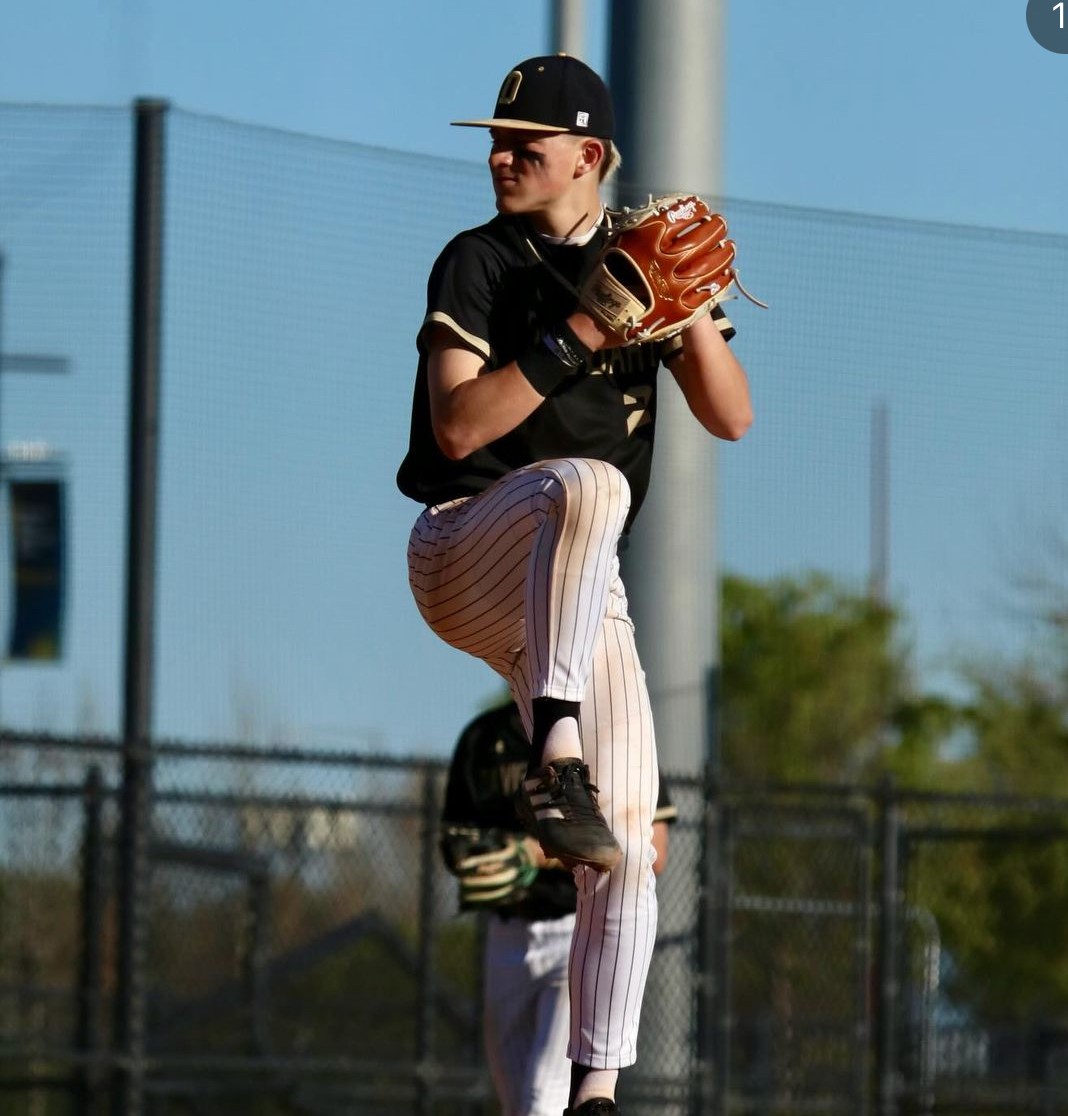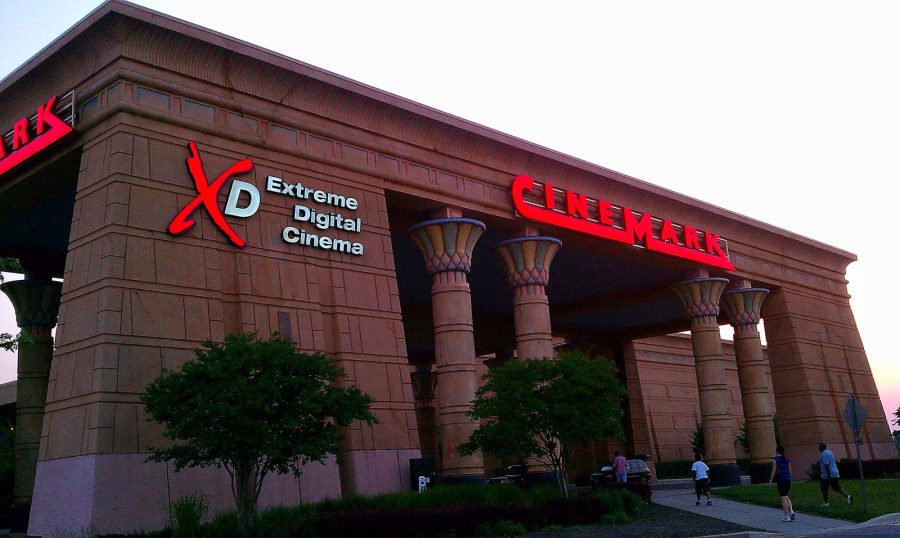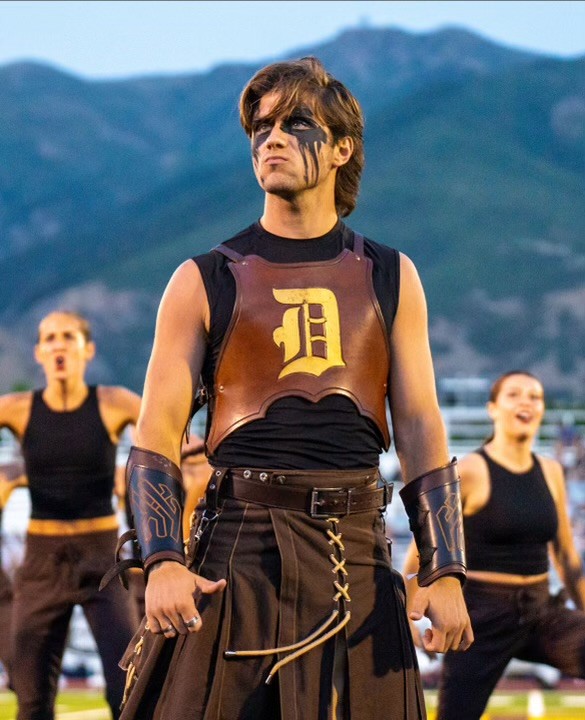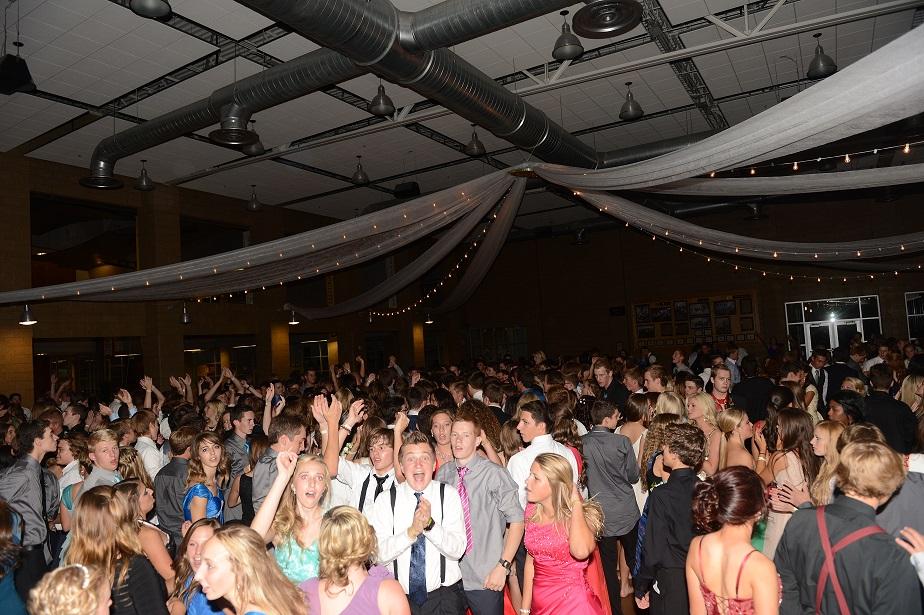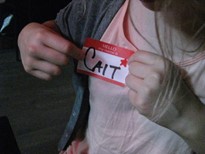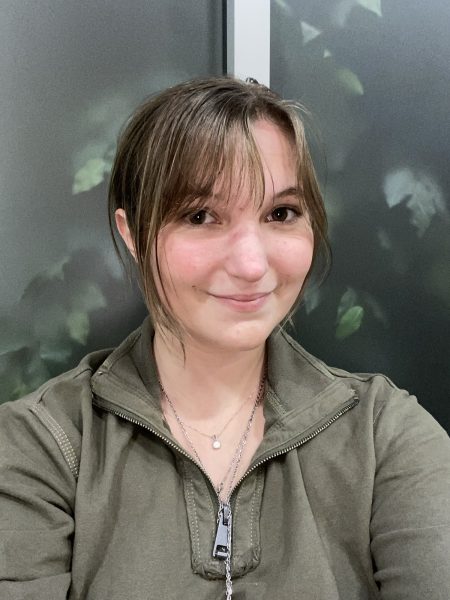Your name is a representative of you, something you will carry throughout your entire life. Names are a marker to the world that you were here. Some may choose their name, most keep the name they were given, either way it is a dog-ear in the world’s history book. However, some folks never get to hear the proper ring of their name as it is butchered by peers, substitutes, bosses, and others in an individual’s life. Dale Carnegie stated “A person’s name is to that person, the sweetest and most important sound in any language” [2] way back in 1936. It is not unfounded to think that names are important, but it is incredibly crucial that we get them right.
In 3,200 B.C.E., the earliest surviving, written name was Kushim (KOO-shim).[3] They were an accountant in the Uruk period of Mesopotamia. Kushim was an accountant who logged barley shipments. Their signature could be found on clay tablets, etched into the material. The name is a permanent mark in the world’s history book, forever known as the first written name. However, names have existed long before Kushim’s signature. Names are the back bone of human socialization and since have existed since the dawn of language. The top three oldest languages are Egyptian (~4700 years old), Sanskrit (India, ~3500 years old), and Greek (~3500 years old).[4] All widely different places, yet language were found and so were names. Egypt has a fine name history, the most common names in Egypt have been used since the dawn of it’s language, most names are taken from mythology or past pharaohs. In India, a lot of common names come from the Rig Veda[5], an ancient text of hymns written in 1,500 B.C.E. in Sanskrit. Some of these names include: Lakshmi (LUHK-sh-mee), Aditi (Ah-dee-tee), and Dhruv (Dh-RR-ohv). Now, names with Greek origin, are incredibly common yet incredibly old. A few ancient Greek names that are still used to this day are: Agatha (AH-guh-the), Chloe (KLOW-ee), Alexander (AL-ehks-zan-Dur), and Simon (SY-mon).
As previously stated, the most common names are often the oldest ones. This means millions upon millions have shared the same name. However, that name belongs to each individual who ever had the responsibility of having it. The earth has heard the name Maria (MAH-ree-uh) 61.6 million times[6] since it’s first use in 4th century. That is roughly 61,600,000 individual people who have carried the name in 2,200 years. A common name but meaning something different to each person. Even names on the brink of extinction, meaning they’re used so little they fizzle out completely, like Guinevere (GWhen-uh-veer) and Asaiah (uh-SAY-uh) still hold relevance to the individual. Each name, no matter what, still holds a deep connection to that person.
No matter the type of name, no matter if it’s old, new, common, or rare, mispronunciations are bound to happen. Mispronunciations are normal and often not founded in malice. However, that doesn’t mean they aren’t still harmful. People are often pestered due to name pronunciations, as Françoise Thenoux (FRAN-swAH, THUH-n-oo), an multi-language-learning teacher for the past 20 years stated “…hearing their name pronounced correctly is a reaffirmation of their identity and a celebration of who they are. The mispronunciation of their name, on the other hand, has quite the opposite effect.”[7] Continuous mispronunciations of names often roots deep into the mind of the individual. This also feeds into the phenomenon of renaming things and people to make it easier for the speaker, not taking into account the feelings of the person. Names are a reflection of the person in who they are and where they’ve come from, to mispronounce names or renaming people is undermining all of that.
There are common mispronunciations even at our own high school, one of these is the 12th grade student, Azuki Gonzalez. Azuki’s name is a simple name, meaning “small bean” in reference to the adzuki bean. The phonetic spelling of the name is UH-zoo-key. Azuki gets her name constantly mispronounced, some of the most notable mispronunciations include Zuko (Zoo-koh) and Suki (Soo-key). These mispronunciations comes from peers and students alike.[8]
Another example from Davis High is Maebh Golightly. Phonetically, the 10th grader’s name is spelt (MAY-vh). Her name comes from Irish Gaelic, meaning “she who makes happy”. Unfortunately, her name gets horribly butchered, some of the worst pronunciations include: Ma-hah-bay, Muh-BUH-bah, meh-Heh-bah. Later on the same day of her interview, a teacher called her mah-HE-bay. [9]
Personally, I, the author, have even had my name horribly butchered. My name originates from Wales and it means “blessed peacemaking”. The name Winifred (Whin-nuhf-Red), means a great deal to me as I chose it myself. Ways I’ve had my name pronounced are: win-nuh-FERD, win-nuh-FREED, and the most recently win-DREh-fer. I audibly sigh when I see a substitute as I know that my name will be chopped up.Often people will rename me, give me the nicknames so they don’t have to try pronouncing my name, which more often or not digs into my confidence about my name. I get embarrassed when mispronunciation or renaming does happen, as that’s apart of me and a big part. [10]
Names play a big part in a person’s life, it’s a complete and total identifier, not just to them but the world around them. Names help connect people with themselves, the people around them, and their culture. However, with constant mispronunciations or renaming a person can break that deep attachment to their own name. Although there are things people can do to ensure they can respect people’s names. One way to get better at anything is to practice. A teacher told me that she takes time out of her day to practice pronunciations of her student’s names.[11] A simple clarifying question and a subtle apology goes a long way in the process of learning a person’s name. The last but not limited to way of learning names is associating something that rhymes with the name to it to help with sounding things out.
All things considered, names are incredibly important factors of our day-to-day lives. They have existed ever since societies formed and languages were made. No matter the perceived difficulty, every name deserves to be treated with dignity and said correctly, especially the names in our own community. Names are the foundation of our society and the relationships we have with ourselves. The best way to build relationships with people is through learning their names. Humans are social animals[12] and without connection there would be no society. It all falls into a large circle, without names we wouldn’t have connection and without connection we wouldn’t have society. This just proves the importance of names and getting them right. Without them, we wouldn’t be able to function as well as we do as humans of the world.





